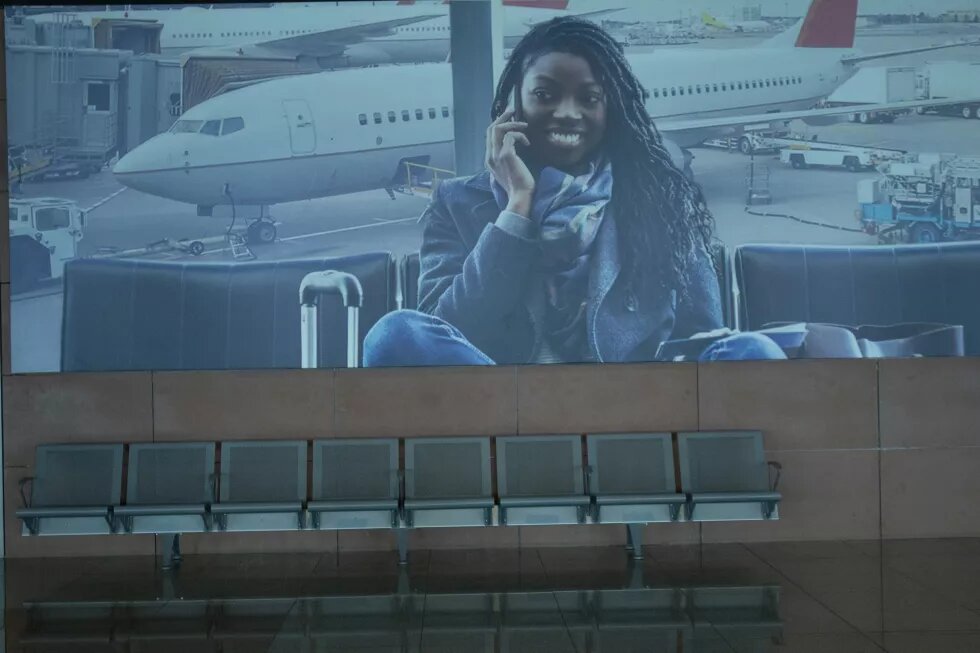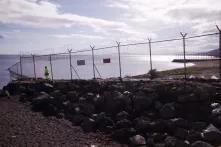Neither the Senegalese government nor the media have reacted to the publication of the New Pact on Migration and Asylum. However, the close cooperation with FRONTEX remains a cause for concern.

This commentary is part of our dossier on the New EU Pact on Migration and Asylum.
No official response from the State of Senegal
Following the presentation of the European Commission's New Pact on Migration and Asylum, an official statement is yet to come from the Senegalese authorities. It is likely that they are waiting for an official notification before responding publicly to the New Pact and before commenting more specifically on the consequences that it will have, amongst others, on "irregular" emigration. Senegal's various reactions in the past to some EU initiatives in the field of migration lead us to believe that the Senegalese State will continue to favour an "amicable" stance vis-à-vis the European Union's choices. The New Pact on Migration and Asylum will definitely intensify the externalisation of European migration policies through the upstream control of flows. Senegal, which is both a country of departure and transit, will certainly once again be entreated to implement strategies aiming at deterring "irregular" migration. The "new partnership with countries of origin" which is central to the New Pact could become a mechanism through which the EU would impose obligations in the field of migration on African countries such as Senegal.
Senegalese media mum on the New Pact, yet fear a new surge in irregular migration due to COVID-19
The Senegalese media have generally kept mum on the New Pact on Migration and Asylum. Articles on migration published in the second half of September mainly conveyed the fear of the media of a resurgence of "irregular" migration due to the devastating consequences of COVID-19. Some media as well as the Association of Journalists on Migration and Security in Senegal reported on the deepening of the economic crisis due to COVID-19. This, in their view, is likely to push many young people onto "clandestine" migration routes. Those dugout canoes crowded with “irregular” emigration candidates trying to leave the Senegalese coast in the week of the presentation of the new European Pact give solid substance to the fears of the Senegalese press.
Senegalese civil society alerted to the New Pact by European partners
Some Senegalese civil society organisations working on migration issues were alerted by their European partners. Some organisations were made aware of the presentation of the New Pact and its consequences for Southern countries, especially in Africa. Organisations defending refugees and supporting migrants but also some European NGOs have exchanged with their Senegalese opposite numbers, have informed them of the changes brought about by the New Pact, and have also gathered their feedback on the orientations outlined in the text. Overall, civil society sees the New Pact as another toughening of European migration policies and a tighter lockout of the European Union's borders. Some organisations dread an increase in humanitarian tragedies within the European area because they believe that the new proposal will further undermine the protection mechanisms for migrants and asylum seekers.
For the Heinrich Böll Foundation Senegal, the New Pact could mean more human tragedies
The entry into force of the laws outlined in the New Pact may therefore affect the fate of migrants from Senegal, as this country is considered to be a safe and stable country of origin. With the New Pact on Migration and Asylum, the EU will continue to follow the same dynamic that allows its budgetary aid to be used as leverage to achieve migration policy objectives. The disastrous economic and social consequences of COVID-19 could intensify the phenomenon of "irregular" migration, despite the many obstacles that the European Union continues to erect in the countries of origin (a mission imparted to FRONTEX) and on its borders. As repatriation is deemed a priority in the New Migration and Asylum Pact and Senegal is a country that generally respects human rights and abides by the principle of non-return (i.e. refugees ought not to be sent back to a country they have fled), it is feared that the longstanding cooperation between the Senegalese government and FRONTEX will be reinforced. It can thus be assumed that sooner or later there will be a status agreement between Senegal and FRONTEX allowing the latter to relocate to Senegal[1] migrants intercepted in the Atlantic waters.
There is a need to broaden the possibilities for legal migration
From a Senegalese perspective, we would recommend:
- Reversing the balance: less focus on restricting migration and more emphasis on the opportunities of migration and especially on the opportunities that the EU can give to migrants, for example, through EU vocational training programmes in key sectors for the countries of origin;
- Involving the diaspora: in the document, the diaspora is only mentioned four (4) times; yet these stakeholders are pivotal to the successful development and implementation of any migration policy;
- Facilitating legal and circular migration to combat “irregular” migration rather than closing borders - forcing people to take more dangerous routes instead of putting a halt to the phenomenon.
[1] This agreement was already referenced in the "Annual report on the implementation of Regulation (EU) 656/2014 of the European Parliament and of the Council of 15 May 2014 establishing rules for the surveillance of the external sea borders in the context of operational cooperation coordinated by Frontex" of 2018, published in 2020 https://data.consilium.europa.eu/doc/document/ST-6294-2020-INIT/en/pdf)


